The pros and cons of net neutrality
Still on the fence about net neutrality? Here are both sides of the argument
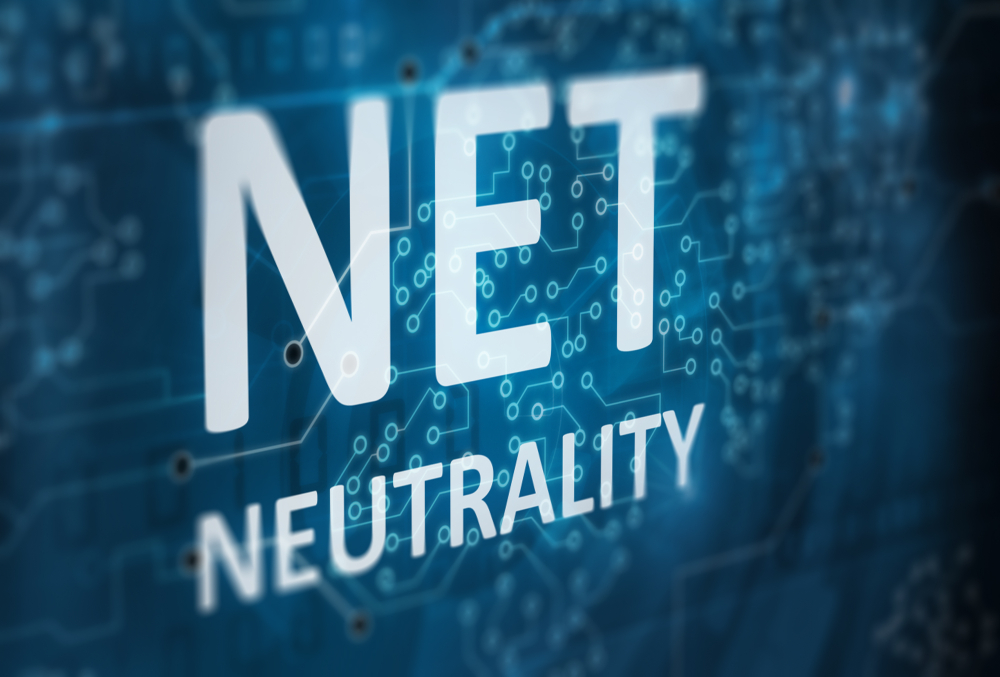

The headlines of recent years have been dominated by the term ‘net neutrality’, and so understanding the pros and cons of net neutrality will be useful moving forward.
What is net neutrality?
Net neutrality’s core principle is that all internet traffic should be treated fairly, proscribing penalising or prioritising traffic from a particular domain, services provider, or publisher.
European law includes protections to maintain net neutrality, the directive rules that “providers of [internet] services should treat all traffic equally, without discrimination, restriction or interference".
In the US, the situation is a little more complex. Having been established as a term in Tim Wu's 2003 paper 'Network Neutrality, Broadband Discrimination', it became a topic of hot debate throughout the early 2000s. On 26 February 2015, the US Federal Communications Commission (FCC) voted in favour of net neutrality, and this was upheld by the District of Columbia's Court of Appeals in June 2016. Despite this, support for the vote was far from cross-party, and Republicans identified net neutrality as a contentious law they would repeal once in power. Under the leadership of president Donald Trump, the Republicans were in 2017 able to overturn the ruling in a 3-2 vote.
California settled on its own legislation requiring net neutrality in order to combat this, and signed it into law in September 2018. As a result, the state was sued by the Department of Justice, and the lawsuit was only dropped after the inauguration of President Joe Biden.
A state-by-state approach was described by internet service providers (ISPs) and telecom groups as confusing for customers. The 9th Circuit Court of Appeals upheld the law, however, in January 2022, and ruled the FCC is not able to override this.
In a new development in July 2022, Massachusetts senator Ed Markey introduced a new Net Neutrality and Broadband Justice Act, which seeks to classify broadband internet access as a telecommunications service. If passed, this would bring net neutrality back into law.
Get the ITPro daily newsletter
Sign up today and you will receive a free copy of our Future Focus 2025 report - the leading guidance on AI, cybersecurity and other IT challenges as per 700+ senior executives
In the UK, net neutrality is law as a result of the EU having adopted it as such in 2015-16. However, with the passage of the Retained EU Law Bill, the government is seeking to repeal almost 4,000 EU laws that were retained following Brexit, which would include the Open Internet Access Regulations 2016.
Amidst the legislative back-and-forth, public opinion has been divided on the topic of net neutrality, and there's obviously a range of pros and cons when it comes to this matter.
RELATED RESOURCE
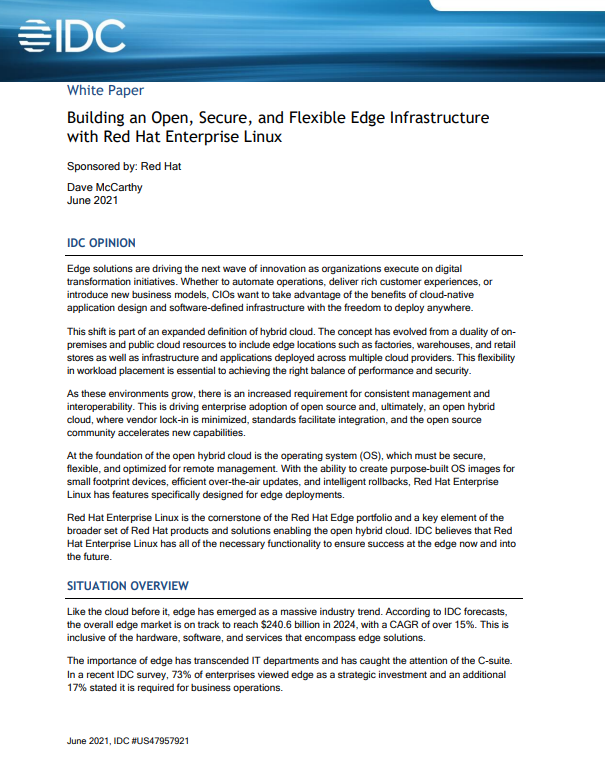
Building an open, secure, and flexible edge infrastructure
Driving the next wave of innovation
The argument for its removal was that it had been a burden on internet providers and stifled innovation. On the other hand, its proponents say that in the absence of net neutrality there is nothing preventing an ISP from hiding content behind paywalls or offering improved bandwidths to websites that can afford to pay more.
Pros of net neutrality
1. Freedom of expression
Net neutrality prevents ISPs from controlling the content their users can and cannot view on the web. This is crucial for journalism, and gives users more choice over where they get their news and entertainment from.
Net neutrality protects a diversity of voices online, enforcing rights to freedom of speech and ensuring that ISPs do not interfere with users’ ability to access a wide range of views. Of course, this is for better and for worse, but proponents argue that the alternative is an unacceptable overreach of free speech by broadband providers, who may have vested interests to bar certain views from their platform.
2. Stimulated innovation and competition
An open internet ensures that larger companies don't have yet another advantage over a tiny startup. It's a level playing field on the internet, where everything is delivered as fast as possible to the end user.
RELATED RESOURCE

Being socially responsible in the developing world
Sample our exclusive Business Briefing content
3. Unfettered access
It is likely that the wealthiest online companies, if pressed, would pay to have their websites available on so-called internet fast lanes.
Net neutrality laws protect against ISPs trying to charge companies to allow their users to connect to their services quicker than others, including industry competitors. Without these protections, companies like Netflix and Amazon Prime Video could engage in bidding wars to buy the right to have their content delivered to users at higher speeds.
End users also currently enjoy access to vital services such as online banking and email all for free. Net neutrality would protect this as a right, preventing the possibility of ISPs tacking on an additional fee for users wishing to access such services over their network.
Cons of net neutrality
1. Less network innovation
The rise of more sophisticated internet services, particularly video content, has created greater demand on bandwidth. This, according to many providers, has forced the need for greater spending on capacity, diverting funds away from service innovation.
Service providers maintain that while they’re able to put extra charges on the likes of Google and other major developers of resource-intensive internet platforms, they can divert these funds into upgrading networks and extending service availability.
However, the FCC’s own industry-funded research has shown that although investment fell by 2% in 2015 and 3% in 2016 while under net neutrality rules, many of the largest ISPs increased innovation spending.
2. Porn and objectionable content thrives
Opponents of net neutrality have also argued that the rules make it easier for underage users to access legal, but age-sensitive pornography. A wide range of commercial and business web filters to let users restrict access to certain services or websites on their devices. However, net neutrality opponents argue that younger users will merely use their mobile phones, through which they can access illicit websites without adult supervision.
Providers often argue that they could block these sites at a network-wide level, removing the problem at its source. This is something that exists under the UK’s Digital Economy Act, which demands that websites host identity verifications when users access their content, and compels ISPs to block sites that do not comply.
The UK government's Online Safety Bill, also sets out plans to require age verification on websites deemed inappropriate for underage users such as porn streaming sites. However, this bill is currently on ice as the government undergoes internal transformation.
Some also argue removing net neutrality laws would enable ISPs to crack down on peer-to-peer file-sharing websites, which represent a major source of online piracy activities.

3. No free Internet access
Those who oppose net neutrality contend there are more vital services that could be made freely accessible if companies drawing excess bandwidth are charged extra for their increased usage.
For example, video streaming websites are among a new generation of internet services with high bandwidth requirements in order to meet the content delivery demands. The argument posits if there was an access fee for websites such as Netflix and Youtube, services such as Wikipedia could be subsidized and made free for all with the ensuing funds.
Adam Shepherd has been a technology journalist since 2015, covering everything from cloud storage and security, to smartphones and servers. Over the course of his career, he’s seen the spread of 5G, the growing ubiquity of wireless devices, and the start of the connected revolution. He’s also been to more trade shows and technology conferences than he cares to count.
Adam is an avid follower of the latest hardware innovations, and he is never happier than when tinkering with complex network configurations, or exploring a new Linux distro. He was also previously a co-host on the ITPro Podcast, where he was often found ranting about his love of strange gadgets, his disdain for Windows Mobile, and everything in between.
You can find Adam tweeting about enterprise technology (or more often bad jokes) @AdamShepherUK.
-
 Bigger salaries, more burnout: Is the CISO role in crisis?
Bigger salaries, more burnout: Is the CISO role in crisis?In-depth CISOs are more stressed than ever before – but why is this and what can be done?
By Kate O'Flaherty Published
-
 Cheap cyber crime kits can be bought on the dark web for less than $25
Cheap cyber crime kits can be bought on the dark web for less than $25News Research from NordVPN shows phishing kits are now widely available on the dark web and via messaging apps like Telegram, and are often selling for less than $25.
By Emma Woollacott Published
-
 Most comments in FCC net neutrality consultation were reportedly fake
Most comments in FCC net neutrality consultation were reportedly fakeNews Subcontractors allegedly used stolen data for government petitions
By Danny Bradbury Published
-
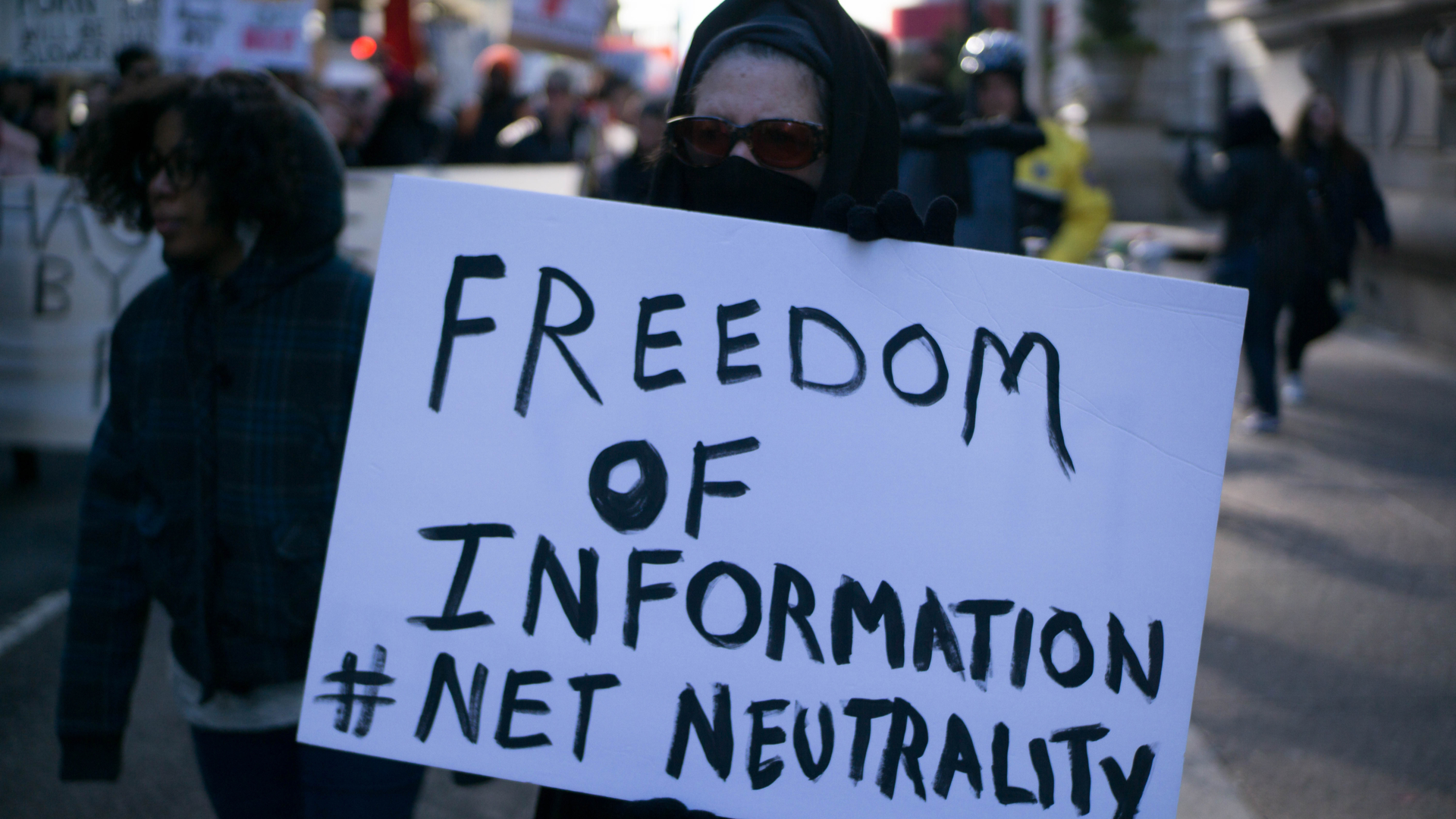 Ofcom to review net neutrality laws following EE complaint
Ofcom to review net neutrality laws following EE complaintNews The regulator will review the existing framework, which had fallen under EU legislation prior to Brexit
By Sabina Weston Published
-
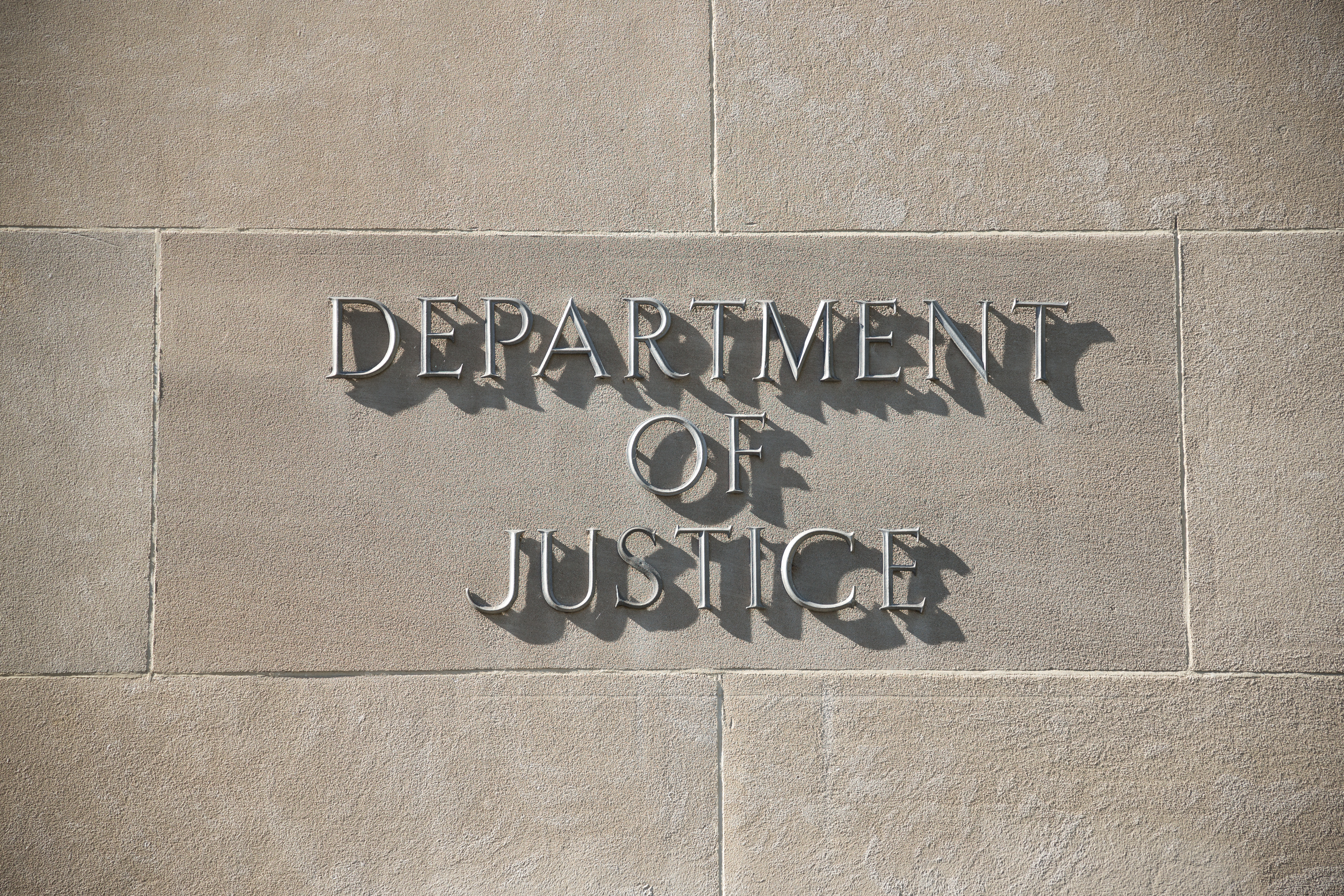 Justice Department drops net neutrality suit against California
Justice Department drops net neutrality suit against CaliforniaNews The Biden administration retracted the Trump-era legal action that challenged the state’s pro-net neutrality legislation
By Danny Bradbury Published
-
 California bill gives net-neutrality campaigners new hope
California bill gives net-neutrality campaigners new hopeNews Victory in the state Assembly for the “gold standard” protections
By Adam Shepherd Published
-
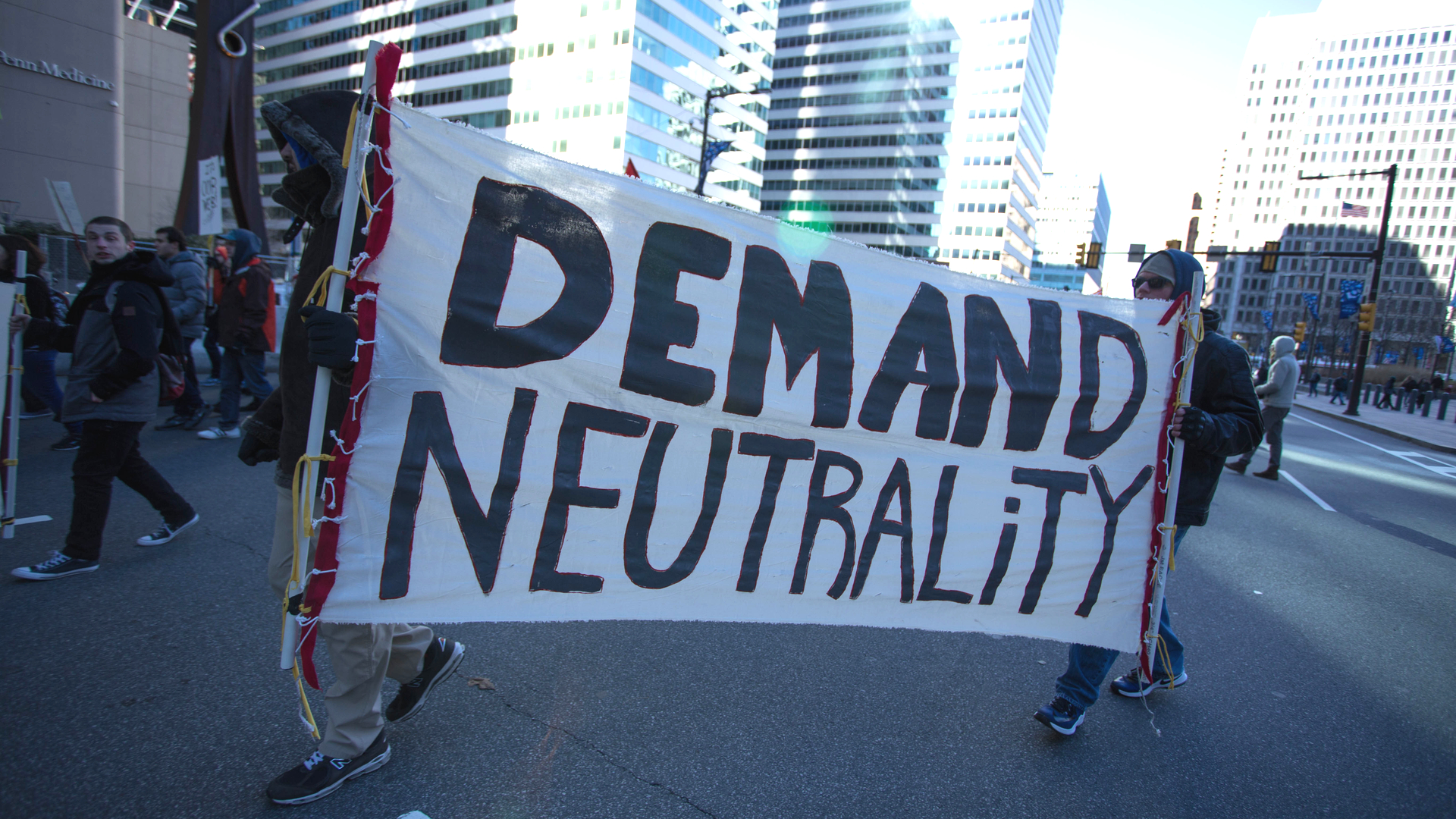 FCC admits net neutrality DDoS attack was work of fiction
FCC admits net neutrality DDoS attack was work of fictionNews FCC chairman Ajit Pai pins error on former CIO providing "inaccurate information"
By Adam Shepherd Published
-
 US Senate saves net neutrality – for now
US Senate saves net neutrality – for nowNews Republican rebels help Democrats block net neutrality repeal, but House could uphold FCC decision
By Adam Shepherd Published
-
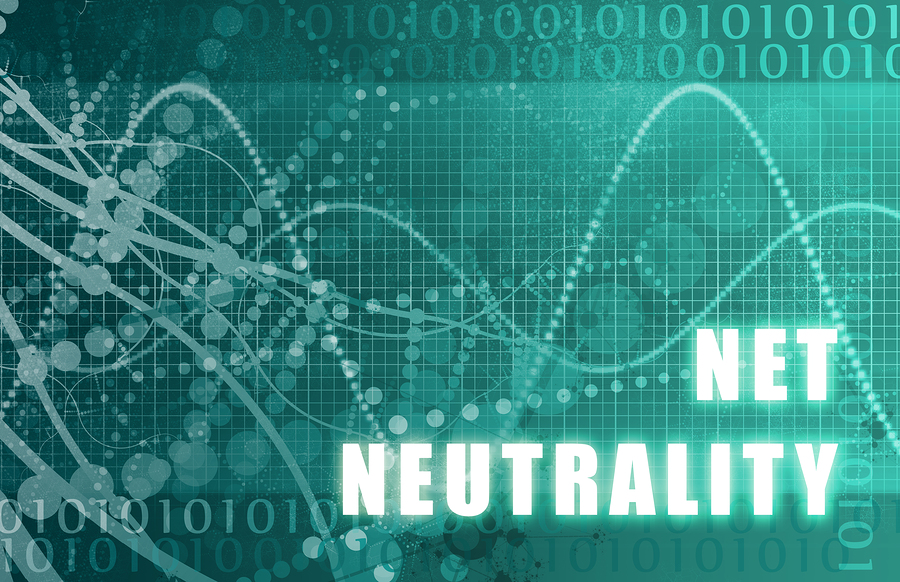 US regulator kills net neutrality with rule repealing vote
US regulator kills net neutrality with rule repealing voteNews The FCC votes to strip back consumer protection regulations
By Adam Shepherd Published
-
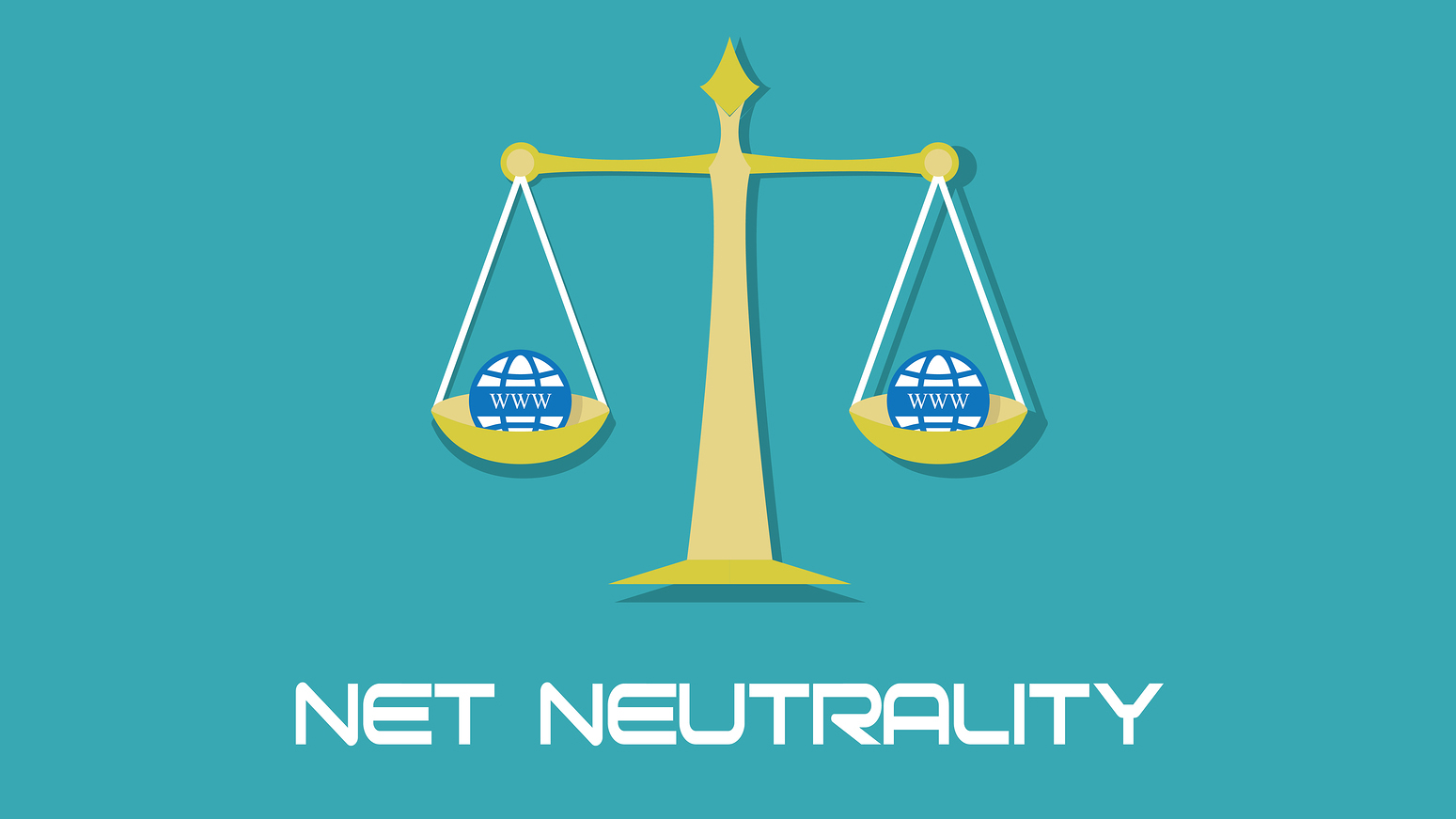 FCC to hand ISP oversight to FTC as net neutrality repeal looms
FCC to hand ISP oversight to FTC as net neutrality repeal loomsNews Internet pioneers protest against the FCC's effort to repeal net neutrality
By Dale Walker Published